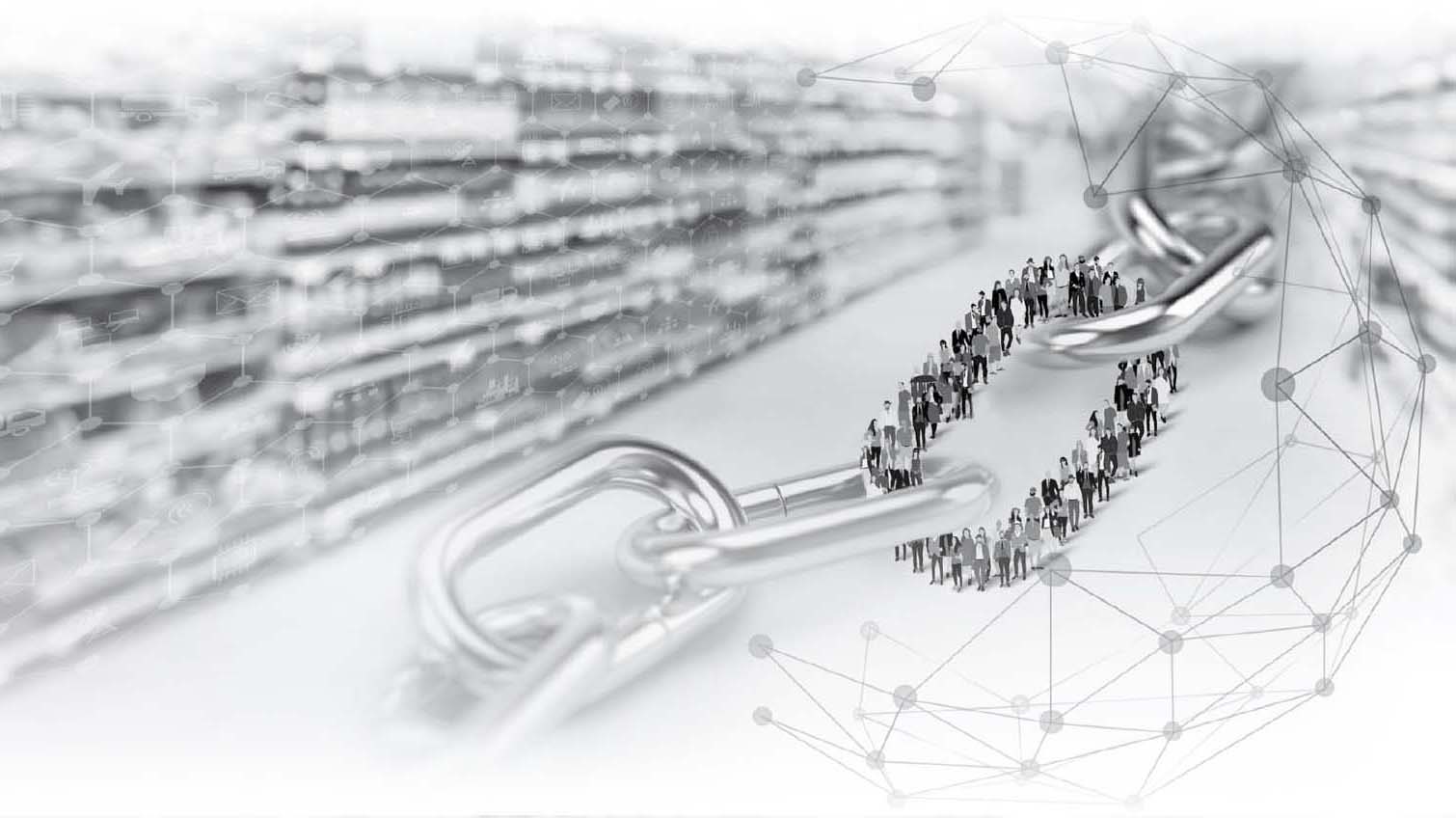
Post-Merger Integration during COVID-19 uncertainty
Publications
Post-Merger Integration during COVID-19 uncertainty
The Situation
Covid-19 has dramatically altered the strategic and operational landscape of most organizations. Integration Consulting believes that Mergers & Acquisitions are often a viable solution to quickly adjust strategy and execution, increase returns, and find synergies.
However, the global pandemic has upped the already elevated levels of complexity, uncertainty and risk in all stages of the M&A process.
This article gives an overview, for both experienced practitioners and first-time acquirers, of how Integration Consulting approaches Post Merger Integration (PMI), from dealing with uncertainty to balancing the technical and human aspects. The success factors below represent our belief that in the Covid-19 PMI context:
- Uncertainty is the new normal, it is time to embrace it and adopt a mind-set that allows for frequent adjustments.
- Understanding your professionals is more challenging and important than ever. Effectively addressing the human side of PMI is crucial to succeed
Because every PMI is unique, we would be delighted to discuss your case in more detail and tailor the approach to your specific challenge and circumstance.
PMI Sucess Factors
PMIs are complex and demanding. In our experience, the following points are success factors for a PMI journey:
PMI Approach
Our approach balances both the technical and the human side to effectively deal with uncertainty.
Conclusion
Dealing with uncertainty in PMI and acknowledging the human side are critical.
PMIs require the seamless conversion of strategy into execution under uncertain conditions that put a lot of pressure on professionals. We explained how to ensure that:
- The strategy remains relevant and connected to a compelling, widely embraced vision.
- The execution balances the technical and the human side and is driven by a robust methodology with a flexible plan that builds towards the end game.
- The team in charge has the capacity, skills and composition to deliver.
- People are the focus from the beginning (e.g. finding the right leadership composition to define the direction) to the execution (e.g. handling personnel changes during the integration with great care).
Despite challenging external circumstances, M&As remain a key tool to respond to a changing market. To succeed, preparation must cover the inherent disruption and associated risks.
Please reach out to us if you want to discuss the challenges you are facing or to learn more about our methodologies.
TALK TO US
- On 12 October 2020


